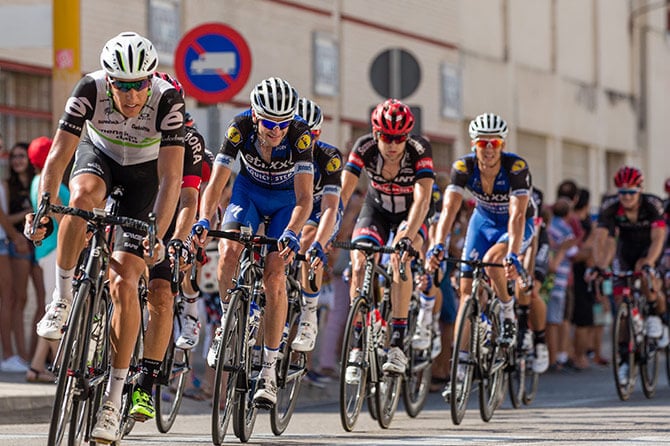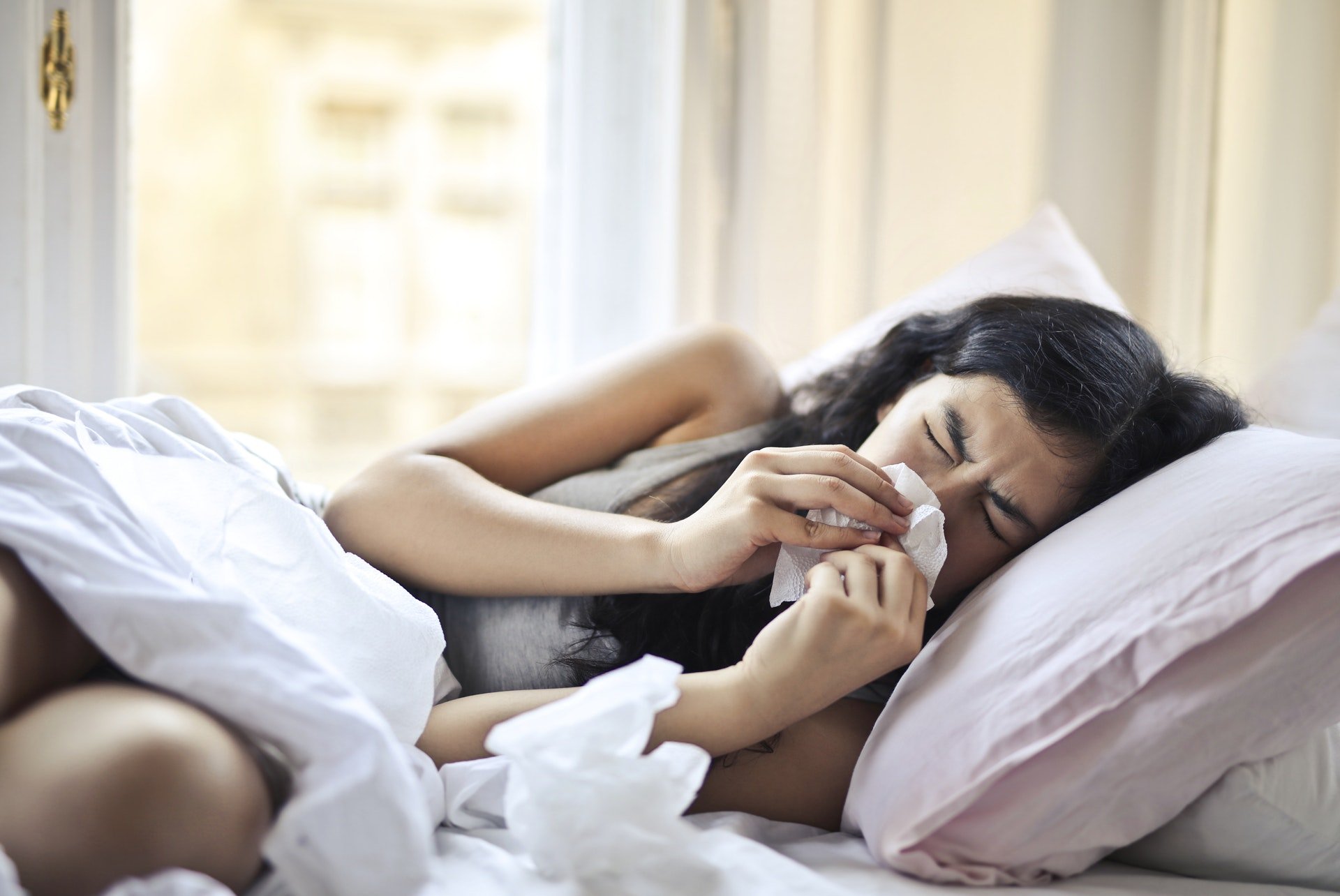
Dormeo's Summer of Sport: Tour de France
The world’s top cyclists will be taking to the roads of France (and Denmark, Belgium and Switzerland?) for the annual Tour de France. Days of high intensity mental and physical stress that only some can deal with. The science in sport is becoming very specific to that sport, but there are many overlaps that we can all benefit from.
Anyone who has donned the Lycra will know how good it feels to crash into bed. But is there any proof cycling makes you sleep better? Or is it nothing but a placebo?
Researchers at the University of Georgia analysed the health habits of 8,000 men and women over a period of 35 years. They found that the participants who became less fit over time were more likely to suffer from poor, interrupted sleep.
Effect of Sleeping on Cycling
So, we know that exercise can have a positive affect on our sleep, but it usually works both ways – to perform better you also need good quality sleep. The reason for this mostly relates to the brain. Road cyclists need to be as mentally sharp as possible because there’s so much to focus on while out on the road. To perform at your best tactically and physically takes a lot of brain power, which a lack of sleep just doesn’t allow for.
While most would agree that they work less efficiently when tired, some might not be able to pinpoint exactly why this is.
When you’re tired, have you found yourself trying to do a simple task and then getting frustrated when you can’t do it? Researchers at Tel Aviv University found that your ability to regulate emotions and allocate necessary brain resources for objective cognitive processing can be affected by a lack of even a single night’s sleep. The amygdala – the area of the brain that controls emotions – becomes up to 60% more active than normal when we’re tired, causing mood swings and irritability.
Physically, those who are sleep deprived experience poorer storage of glycogen. Stored glucose (glycogen) is the main source of energy (or stamina) in athletes such as cyclists. Elite level cyclists like those on the Tour de France need to be able to store glucose as best they can to perform at the top level.
What to Watch out for
Signs that you don't have enough sleep are rather obvious, and you'll probably recognise them in your own routine:
- Lethargic in attitude and body
- Insomnia and/or restlessness
- Rundown or depressed
- More than average anxiety
- Indecisive, irritable
- Lack of concentration on simple tasks
- Loss of appetite, weight loss
- Getting sick, colds, flu etc
So, what can everyday cyclists do to make sure they get enough sleep to keep them in the saddle?
Warm Bath
Slipping into a nice, warm bath in the evening will not only relax your fatigued cycling muscles, it will make sure your evening is a lot more relaxing overall. A stressful evening can have a very negative effect on sleep. Who would have thought it?
Avoid Screens
Why not settle down with a good book instead? Watching TV or scrolling on your smartphone while in bed tells your brain it’s not time to sleep yet. The stimulation, as well as the light shining into your eyes, can cause disruption in your sleep patterns. Find out more here
Say No to Drugs
Avoid sleep drugs, unless prescribed by a doctor. Over-the-counter sleep medications can disturb the quality of your sleep and can make you feel lethargic the next day. Reduce alcohol and caffeine consumption - something not likely for cyclists when a cheeky Red Bull can be drunk.
Get Back in the Saddle
Cycling calms anxiety, and anxiety is a symptom that you may not be sleeping enough in the first place. The relationship to cycling and anxiety is the positive effect that cycling has on serotonin, which occurs naturally with cycling, and promotes healthy sleep.
Get your own yellow shirt and get on your bike to sleep better!









Leave a Reply